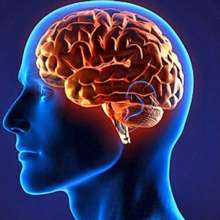Argumentative and Expository Techniques Based on Neuroscience: Convincing with a Scientific Foundation

Neuroscience-based argumentative and expository techniques have the potential to revolutionize the way we persuade and are persuaded. By understanding the neural mechanisms underlying decision-making, belief formation and social influence, we can develop more effective and ethical communication strategies. This article explores recent advances in the neuroscience of persuasion, highlighting the role of brain areas such as the anterior cingulate cortex, the prefrontal cortex and the reward system in evaluating evidence, building expectations and responding to social stimuli. In addition, the article discusses how factors such as emotion, memory and sleep can modulate persuasion, and how neuroscience can be used to improve argumentative and expository techniques in various areas, from law to public health and marketing.
Notícias Mais Vistas
São as atitudes que revelam se o seu amor é verdadeiro, não, um simples Eu Te Amo!”
Visualizações: 61560
"Intolerância religiosa é o resultado da limitação de conhecimento", diz o filósofo Fabiano de Abreu
Visualizações: 9246
Filósofo membro da Mensa aponta características de pessoas com alto QI
Visualizações: 9216
Filósofo e pesquisador Fabiano de Abreu dá dicas a candidatos das eleições 2018: "Não seja nem se pareça um político"
Visualizações: 8357






